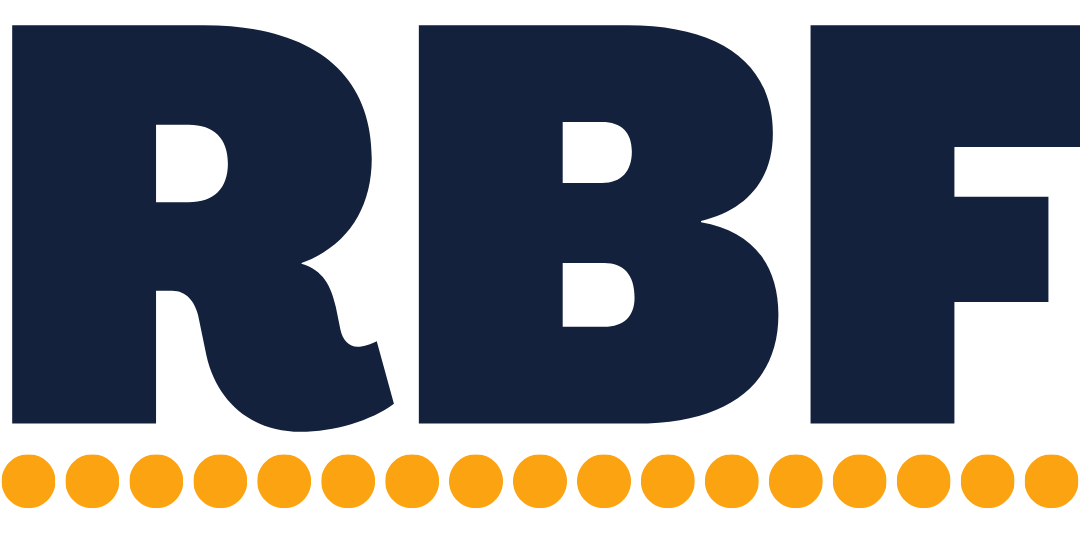Understand your cash flow better with a master recurring expense calendar
Recurring expenses are a major, major factor in small business cash flow. Things like rent, utilities, payroll, loans/leases, and software expenses are constantly drawing against your business revenue, profit, and emergency fund/war chest. Understanding, anticipating, and planning around these expenses goes a long way towards improving your business’s cash flow. And, while full-blown cash flow forecasts are nice (and definitely have their place), sometimes, knowledge is half the battle.
Collecting all your recurring expenses into one master recurring expense calendar will give you a better understanding of, well, your recurring expenses. A master calendar can be as lightweight or in-depth as you want. A simple two-sheet spreadsheet (Excel, Google Sheets, Airtable, whatever) of expenses, amounts, transaction date, and frequency is enough. The goal is to collect the info and be aware of it. But, you can always take it a few steps further and map your expenses out on a timeline.
Considerations:
What to include: At a minimum, you should include all weekly or monthly recurring business expenses. Although, you really should include all quarterly and annual recurring business expenses (eg annual software purchases or paying an accountant to get your taxes done).
Taxes and retirement: Quarterly tax estimates and owner retirement contributions are frequently afterthoughts which leads to them becoming surprise bills and surprise bills lead to cash flow problems. Include them in your master recurring expense calendar.
Cancellation info: Another benefit of consolidating your recurring expenses is consolidating the cancellation info. Include a column with contact info (for landlords, loan departments, and payroll providers) or cancellation instructions (for software, memberships, vendors).
Calendar big bills: Calendaring big bills won’t help you understand your cash flow. But, it will remind you to double-check that there’s enough money in the account to cover rent or payroll.
Personal or not: Ignoring legal structures for a second, small businesses are frequently intertwined with the owner and, even when funds are kept wholly separate, personal recurring expenses will be an important part of your overall cash flow picture. That’s why you should include a second sheet detailing your personal recurring expenses.
Recurring transactions (a non-exhaustive list): rent/mortgage, payroll, contractors, coaches/consultants, utilities, phone/internet/fax, software, memberships, publications, bank charges, vendors, marketing, ad spend, insurance, auto leases/loans, taxes (other than payroll taxes), retirement contributions, employee benefits, recurring purchase orders, annual accounting, etc
Action Item: Build your master recurring expense calendar.
